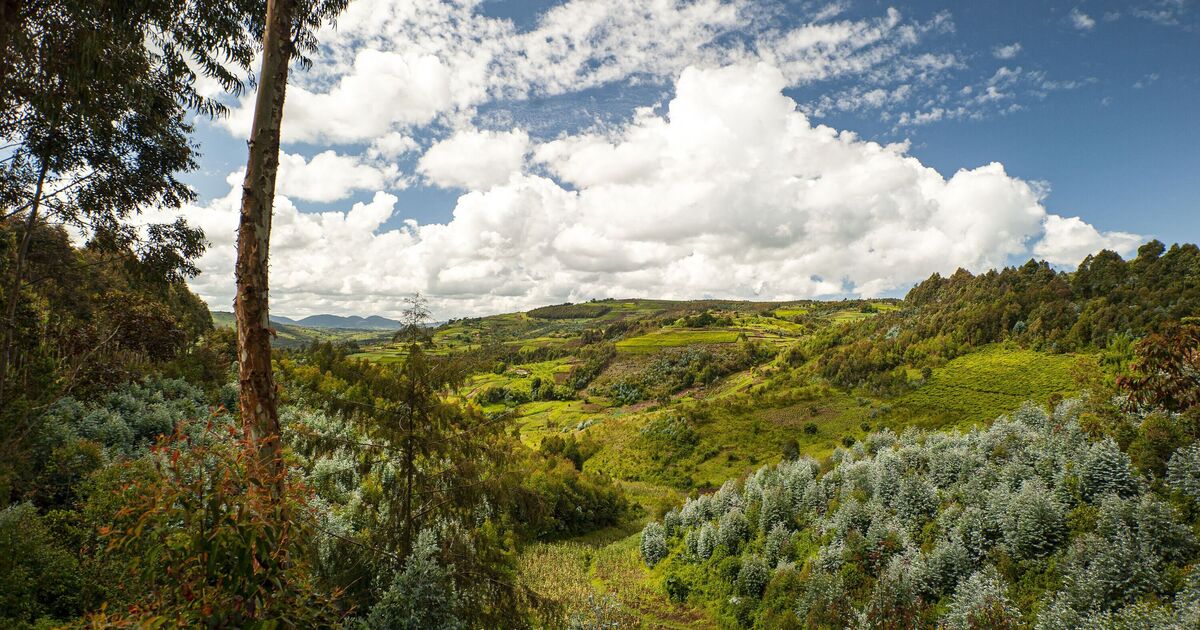Tucked away in the heart of East Africa, surrounded by its much larger neighbours of Tanzania, the Democratic Republic of Congo and Rwanda, lies a tiny country smaller than the state of Maryland in the US. This country largely goes unnoticed, rarely making global headlines, but when it does, it is usually not for the most positive reasons.
Welcome to Burundi, currently the poorest country in the world by GDP per capita. According to World Population Review, recent estimates place Burundi’s GDP per capita for the year 2023 at just $200 (£149). To compare, for the same year, the United States had a figure of $81,695 (£60,794), while the UK had $48,867 (£36,365). Burundi is a landlocked nation with no coastline, no major mineral wealth, and limited arable land.
While its landscape boasts picturesque green hills and lakeside views, bordering Lake Tanganyika, this stands in sharp contrast to the economic hardship that most of Burundi’s over 12 million residents face. Roughly the size of Albania or the state of Massachusetts in the US, more than 80% of the population lives below the poverty line, living on less than £1.60 a day.
The vast majority of locals depend on subsistence farming, meaning they grow just enough to feed their families, and food insecurity is widespread. The average Burundian earns less than $300 (£223) per year. Access to clean water, electricity, healthcare and education is limited, especially in rural areas. Malnutrition is also rampant, with nearly 55% of children under five stunted, a sign of chronic hunger and poor nutrition.
Burundi’s poor economic standing results from a complex mix of geography, history, and politics. Under German and later Belgian colonial rule, Burundi’s development was stunted, with little investment in infrastructure or education. Like many post-colonial states, it inherited arbitrary borders and a fragile political structure.
On top of this, Burundi experienced decades of political and ethnic violence, particularly between the Hutu and Tutsi ethnic groups. A brutal civil war from 1993 to 2005 killed an estimated 300,000 people and devastated the country’s economy.
Even after the war ended, political unrest continued. A controversial third term bid by former president Pierre Nkurunziza in 2015 triggered widespread protests, violence and international sanctions, further isolating Burundi from the global economy.
None of this is helped by Burundi’s geographic limitations. As a landlocked country with poor infrastructure, it costs more to import and export goods. This makes economic growth harder to achieve.
Unlike some of its neighbours, Burundi also lacks oil, diamonds or gold, which could have given the economy a much-needed boost. Its soil is heavily eroded and the land is overpopulated, making agricultural productivity low.
There is hope for the future, however, with some progress having been made in recent years. Peace has resumed, and in 2020, Burundi saw a peaceful transfer of power. International aid organisations are also investing in health and education projects, while agricultural programmes are helping farmers increase their product yields with better tools and techniques.

